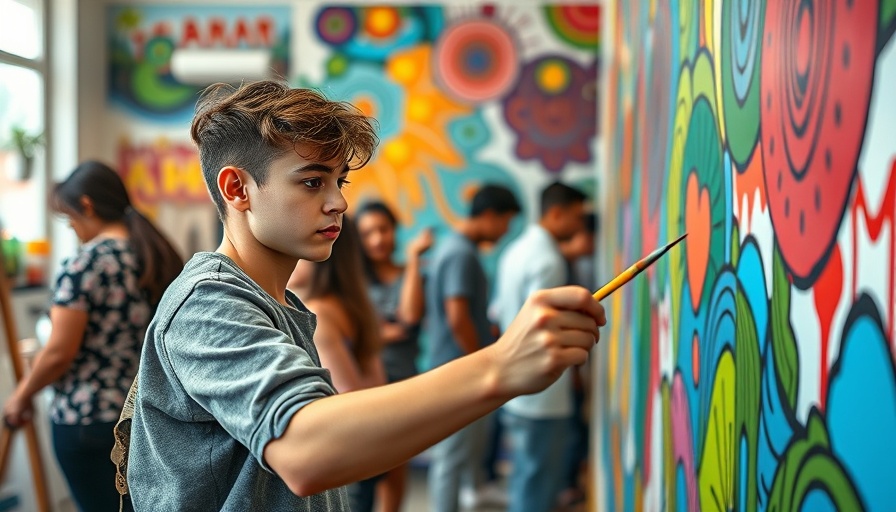
Unlocking Opportunities: When Should South African Graduates Start Job Hunting?
Graduation is a pivotal moment that marks the culmination of years of hard work. However, it's crucial to realize that graduation day is merely a starting point, not the finish line. Many graduates wonder, "When should I begin applying for jobs?" The answer may not be as straightforward as it seems, but understanding the job market landscape in South Africa can guide graduates effectively.
Don't Wait for Graduation Day!
One of the most important pieces of advice for job seekers is to start applying before you toss your graduation cap in the air. A significant number of companies advertise positions well in advance, particularly for graduate programs or internships that commence in January. Ideally, you should kick off your job search during your final semester. This proactive approach gives you a head start and an edge over your peers.
Industry Insights: Timing is Everything
Different industries have distinct hiring timelines. For instance, sectors such as finance, consulting, and technology typically begin their graduate recruitment between July and September of the final academic year. These sectors often have formal graduate programs with specific intake dates. In contrast, industries like marketing and retail tend to be more flexible and may post job advertisements just weeks before roles begin. Hence, recognizing these nuances can be a game changer in your job hunt strategy.
Previous Experience Counts!
Many graduates underestimate the value of prior work experience. Internships, part-time jobs, and volunteer opportunities can be powerful assets in your job search. If you've participated in workplace-integrated learning (WIL) through your coursework, or if you've completed a corporate internship during your MBA, these experiences can often lead to full-time positions. Be sure to maintain these connections and express your interest in further opportunities.
Utilizing Career Resources
Your business school can be a treasure trove of resources. Many educational institutions offer career centers, mentorship opportunities, and job placement assistance that can significantly improve your chances. Schools frequently partner with leading employers, granting students access to positions that may not be publicized. Utilizing these resources can help with resume building, interviewing skills, and networking strategies essential for landing your first job.
Build a Job Application Routine
Like any skill, patience and consistency can yield remarkable results in job searching. Set aside regular times each week to browse job boards, refine your CV, and tailor your cover letters. It’s not about frantically applying to every position; it’s about creating a dedicated habit that prepares you for opportunities as they arise.
Overcoming Imposter Syndrome
It's common for graduates to battle self-doubt, especially when faced with the intimidating job market. But remember, employers are not expecting perfection. They’re looking for potential and a fit for their organizational culture. If a job excites you, don't hesitate to apply—even if you feel you don't meet every single qualification.
Continuous Learning: Sharpening Your Skills
Graduation is a significant milestone, but for many, it may not coincide with landing that first job. The job market is dynamic, and roles appear throughout the year. Utilize this time to keep enhancing your skills, expand your network, and actively engage in continuous learning to stay competitive.
Final Thoughts: Take Charge of Your Future
In South Africa's ever-evolving job market, being proactive, seeking assistance, and building a consistent approach to job applications can significantly impact your career trajectory. Whether leveraging your school's resources or valuing past experiences, each step you take brings you closer to your desired role. As you embark on this journey, remember that preparation combined with a positive attitude can open doors to your dream job.
Call to Action: It's Time to Start Your Journey!
Your first step toward securing your future is to gain clarity on your career aspirations. Take advantage of resources available at your school or online to make informed choices. Don't wait for opportunities to come knocking; start creating them today!
 Add Row
Add Row  Add
Add 




Write A Comment